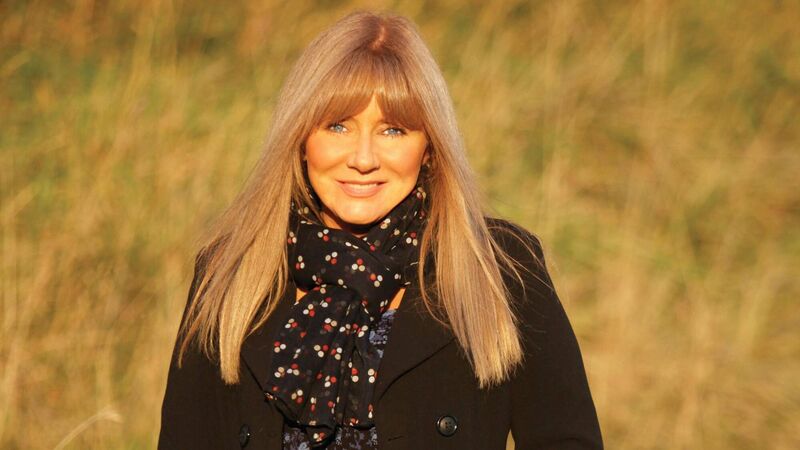Culture That Made Me: Frances Black on Jimmy MacCarthy, Judy Garland and Niall Tóibín

Frances Black performs with Mary Coughlan and Sharon Shannon at Cork Opera House for Cork Folk Festival, on Oct 1.
Frances Black, 63, grew up on Charlemont Street, Dublin. She’s the youngest member of the Black Family band, which includes her sister Mary Black, and three brothers. She released the album Frances Black and Kieran Goss in 1992, and later several best-selling solo albums. In 2016, she was elected to Seanad Éireann as an independent Senator.
She will perform with Mary Coughlan and Sharon Shannon at Cork Opera House next Sunday, Oct 1, as part of Cork Folk Festival. She will perform a solo gig at Saint George’s Arts and Heritage Centre, Mitchelstown, Cork, on Saturday, November 4.




